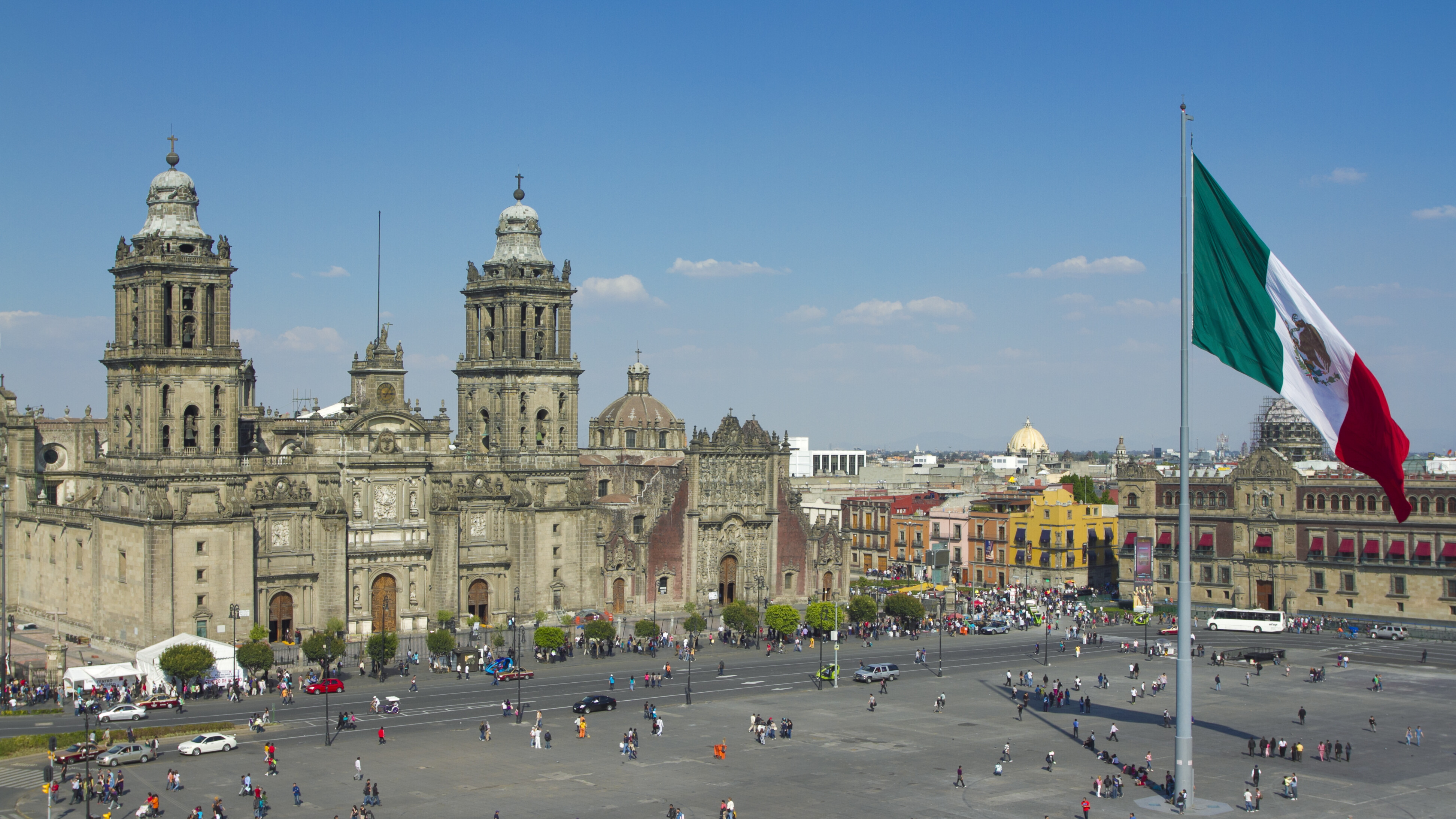A Big Year for Mexico
Mexico’s president, Enrique Peña Nieto faces a tough 2015 as he battles a series of corruption scandals, a security crisis, sluggish economic growth and a falling oil price. LatAm INVESTOR looks at how it will impact investors...

In case you didn't know, 2015 is the year of Mexico in the UK. It's also a make or break year for Mexico's president, Enrique Peña Nieto. Just a few months ago Peña Nieto could have been forgiven for thinking that being president was easy. He’d managed to pass seven important structural reforms in labour, tax, education, anti-trust, banking, electoral legislation and energy. The latter is particularly important as it symbolises a dramatic break with the country’s past of nationalisation and promises to attract hundreds of billions of dollars of foreign investment. But in the second half of 2014, things started getting complicated for Peña Nieto – meaning that this year is vital for the success of his presidency.
First up, the corruption allegations: Peña Nieto’s wife’s house was linked to a Mexican construction company that counts the government as one of its biggest customers. Public suspicion increased when it later emerged that finance minister, Luis Videgaray, also bought a home from the same firm. Compared to some of his presidential predecessors, Peña Nieto’s corruption scandals are quite tame yet it has undermined his claim to be less corrupt than previous PRI governments.

Another pre-election pledge that is suffering is the promise to reduce crime. In particular the high-profile murder of 43 students by narco-gang members connected to the local mayor demonstrated the difficulty that the state has in keeping its own students safe. These problems have pushed Peña Nieto’s approval ratings down to 39% - lower than most of his predecessors at this point in their tenures. And that low approval could hit his ability to execute the much-vaunted reforms. The move to open up the energy sector has attracted the most attention from international investors but it’s also the most controversial among Mexicans. The first auctions are scheduled for 2015 but if Peña Nieto’s popularity slides further it could weaken his ability to further boost international involvement in Mexico’s energy sector.
So plenty of work in the year ahead for Peña Nieto. Yet ultimately the most important factor may be completely beyond his control. His administration is also being hit by sliding oil prices. For now hedging means that the fall hasn’t had too much impact on government spending but if it continues it could put the government under real pressure. Moreover in a world of cheap plentiful oil, Mexico’s energy reform will appear less interesting to international investors. Those investors that bought into ‘Mexico’s moment’ will be hoping that Peña Nieto can deliver in 2015.